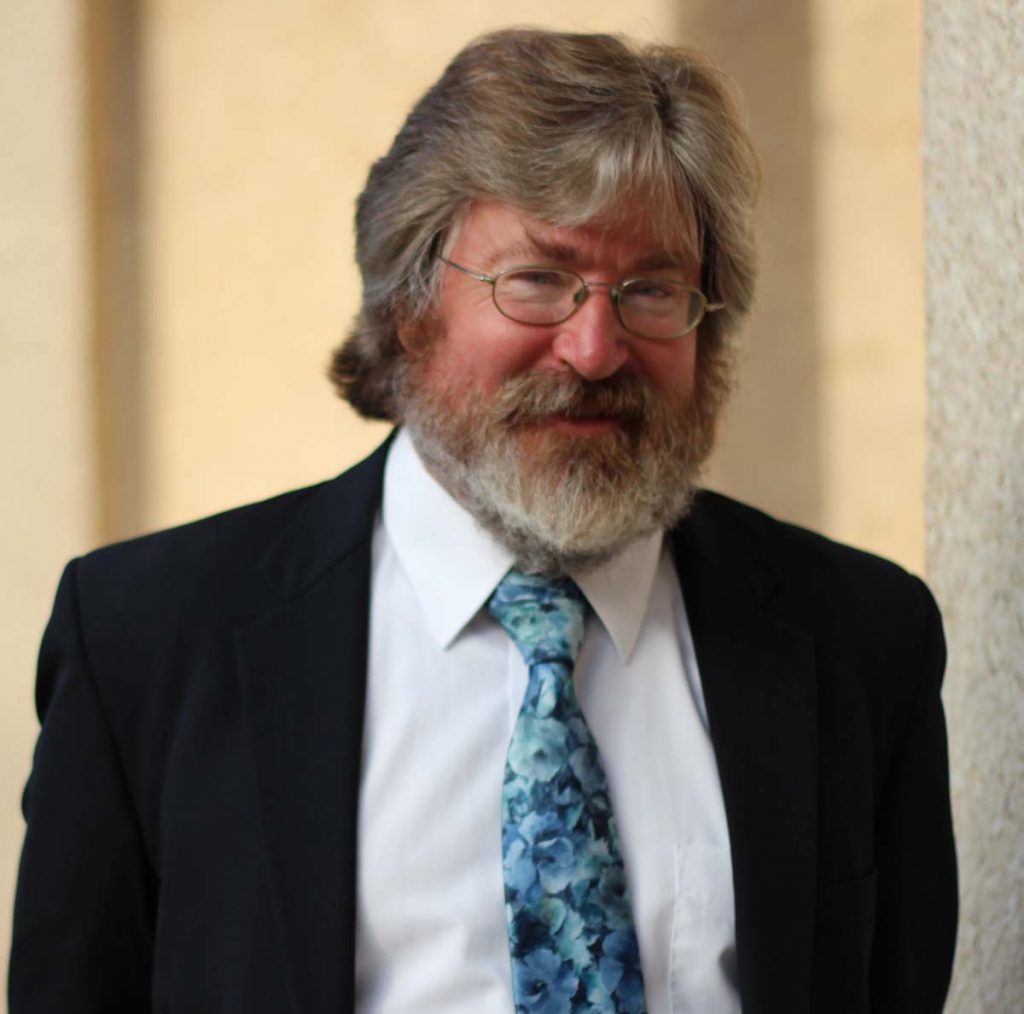History Peeps: Andrew Kirkendall, Professor of History

Dr. Andrew Kirkendall did not plan to become a historian. Texas A&M’s resident historian of Latin America went to Wesleyan University in 1976 with the goal of becoming an ethnomusicologist. Although he had some interest in history, and even switched his major to the subject before graduating from Wesleyan, he struggled with what to do next. Accepted to the history graduate program at the University of North Carolina, Chapel Hill, he dropped out within the year because he just couldn’t force himself to become passionate about any particular topic.
So he moved to New York and took a clerical job at Columbia University, whose benefit package included one free course per semester. Dr. Kirkendall took Portuguese to comprehend the lyrics of the Brazilian music he enjoyed. In 1984, he learned about an opportunity to teach English in Brazil from “a friend of a friend,” and eagerly took it up. He perfected his grasp of Portuguese by watching Brazilian soap operas.
It was exciting time to be in the country. Beset by an economic crisis it could not solve, the military government that had ruled Brazil since 1964 was crumbling and would soon cede power to civilians. Dr. Kirkendall remembers the reaction of residents in his town. “There were people I talked to in their 40s who hadn’t voted for president once in their life but who were about to,” he recalls. “Even though the Brazilian economy was collapsing, there was tremendous optimism about the change back to civilian government.”
After his return to the United States, his experience in Brazil motivated him to return to graduate school at UNC Chapel Hill. “I wanted to understand how the country had gotten to be the way it was.”
Since accepting a professorship at Texas A&M in 1997, Dr. Kirkendall has retained his singular enthusiasm for Latin America. In 2007, he was awarded a college-level Distinguished Achievement Award for Teaching, which he attributes to his energy and enthusiasm. On the graduate level, he is deeply proud of his PhD student, Micah Wright, whom Dr. Kirkendall praises as a “tremendously talented individual” whose dissertation recently received honorable mention for the prestigious Oxford University USA Dissertation Prize at the annual conference of the Society for Historians of American Foreign Relations in 2022.
To what historical figure would Dr. Kirkendall like to say “Howdy” if given the chance? He would pick US presidential candidate Bobby Kennedy, a childhood hero who figures in his latest book, Hemispheric Alliances: Liberal Democrats and Cold War Latin America, published this year by University of North Carolina Press. “I’d be very curious to talk to him about his political transformation after his brother was killed,” Dr. Kirkendall says. “He was certainly not the same liberal icon in 1963 that he would become by 1968. How did he become the man who embraced Cesar Chavez, visited workers in coal mines, and poor southerners in their shacks?”
Patrick Grigsby ‘27
